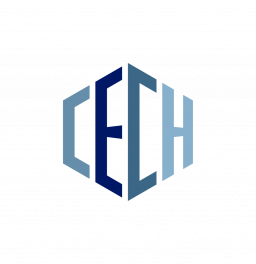Solutions
There are 11 solutions to be developed by the project, divided into the following categories:
(i) Prototypes based on architecture and design, meant to assist farmers and their cooperatives in working symbiotically with the environment, tradition, and the most recent technological advancements: Reframing (Viti)Cultural Landscapes; Open Garden; Open Kitchen.
(ii) Cultural events and interventions that combine, food, the arts, and the humanities, to change the mindsets of food producers and consumers for the better: Intercropping revisited; The Convivial Table; The Convivial Foodscapes exhibition.
(iii) Organisational models that promote intercultural, intergenerational, and intersectional views among the local population through food: Discussions on Food Heritage; Surplus Tables.
(iv) Digital tools to reinforce the presence of food heritage in institutions such as museums and historical sites: Reconfiguring UNESCO Heritage Buildings through Food Heritage; Family Food Heritage: Where the Future Begins; Trajectories of Food Heritage in Augmented Reality.
The solutions will be tested in different locations: Coimbra (PT), Lofoten (NO), Euskal Herria (FR and ES), Flanders (BE and NL), Rotterdam (NL), and Gdańsk (PL). In Coimbra, refectories in buildings today qualified as World Heritage by UNESCO will retrieve food uses from past centuries. New digital tools will allow us to value current touristic circuits. The creation of multimedia courses for the Colleges of São Jerónimo, of Jesus, and of the Arts, as well as the Santa Cruz Monastery are foreseen. They will shed light on architectural aspects of these mealtime spaces and the socialisation that took place there. The UNESCO item “University of Coimbra, Alta and Sofia” will become distinguished from its peers by providing guests with the creative experience of retrieving the original conviviality in these spaces between food and architectural heritage.
The University of Coimbra team will also be tasked with the development of an online database where citizens may autonomously save, share, and communicate their own family food heritage.
Communities in the municipality of Coimbra will test the “Surplus Tables” solution, devised by the Norwegian partners, to combat food waste and social isolation. This solution will encourage participants to create a Surplus Recipe Booklet with leftover food from the local markets and family units.
Coimbra also takes part in the tests of prototypes that aim to:
(1) revitalise the heritage and traditions surrounding viticulture, wineries, and crop rotation,
(2) reimagine community gardens as places of ecological care and regeneration, and
(3) conceive urban community kitchens as spaces that are socioculturally diverse and inclusive spaces, able to respond to the challenges of growing food insecurity.

